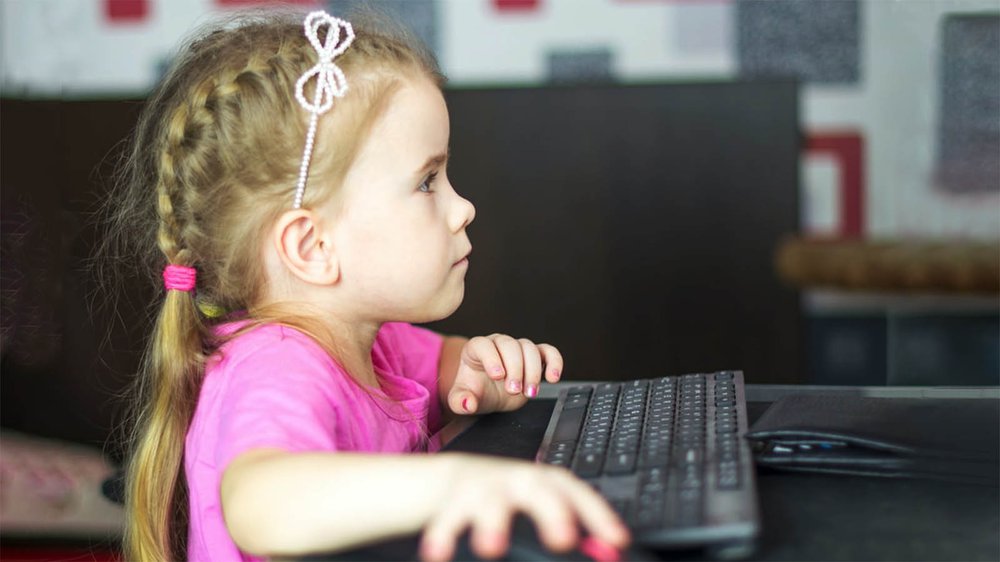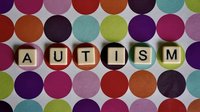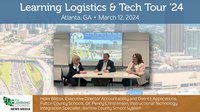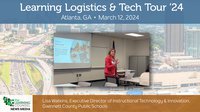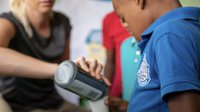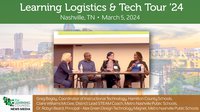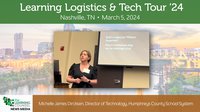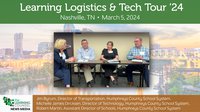Millions of Students Have Limited Contact With Teachers – By Kaia Hubbard, US News and World Report
According to a report by USAFacts, about 65% of households with children used online learning during the pandemic, and about the same percentage have contact with a teacher at least four days per week. But 11% of households with children, approximately 5.5 million children, had no contact with a teacher in the last week, as opposed to the five days of in-person classes they would receive during a normal school year.
While the majority of households learning remotely use online resources, about 14% of households with children use paper materials at home, and 8% reported sometimes, rarely, or never having access to a computer for educational purposes.
The report, derived from U.S. Census Bureau data, illustrates a trend of children in households being more likely to receive online instruction as their household income increased. Additionally, 23% of households with children have had classes canceled this year due to the pandemic, and low-income households were more likely to have classes canceled.
Learning environments differ from state to state as well, with about 85% of households with children in Washington learning remotely, while only 25% used online learning in Wyoming. These varying rates are a result of both infection rates, which vary significantly state to state, and also the varying public health measures in each state.

Massive School Bond Issues Support Distance Learning- By Benjamin Herold, Education Week
New school bonds will help pay for computing devices and internet connectivity that schools from California to Texas to New Hampshire need to continue remote learning during the coronavirus pandemic.
Among the measures approved by voters earlier this month:
- A $1.3 billion initiative from the San Antonio, Texas, school district, the largest school bond in the city's history, that includes $90 million to help pay for high-speed internet, student computers, interactive smartboards, and new audio systems for public school classrooms.
- The largest school bond initiative in Texas history, from the Dallas Independent School District, whose voters approved $3.2 billion for school construction and $270 million in technology upgrades, but rejected proposals to issue new debt to renovate athletic stadiums and performing arts facilities.
- A mammoth $7 billion bond issue by the Los Angeles Unified School District, including $405 million to "furnish and equip schools with 21st century learning technologies and upgrade/install technology infrastructure, information systems, hardware, and software."
School-finance experts have long questioned the wisdom of districts issuing long-term debt to fund the purchase of devices and other equipment that have a short shelf life. Some school-technology leaders also worry that restrictive language in bond measures may leave districts without the flexibility to adapt as circumstances change and new technologies become available.

Proposed bill makes computer science a graduation must – By Rachel Herzog, Northwest Arkansas Democrat Gazette
Legislation to make computer science a graduation requirement for all public school students in the state has the backing of Gov. Asa Hutchinson, he said Wednesday.
The requirement would start with students entering ninth grade in 2022, according to a draft of the bill provided by Hutchinson's office on Wednesday. Sen. Jane English, a Republican from North Little Rock, will be the sponsor and said she will likely file it next week.
The proposed legislation would also require that every public school in the state employ at least one state-certified computer science teacher by the beginning of the 2023-24 school year. That would increase the number of such teachers in Arkansas from 500 to about 750.
The 93rd General Assembly begins meeting in regular session in January.
Hutchinson announced his support for the bill at a Wednesday news conference. Both of those proposals were among the recommendations in a report the Arkansas Computer Science and Cybersecurity Task Force submitted to Hutchinson, which he formally accepted last month.
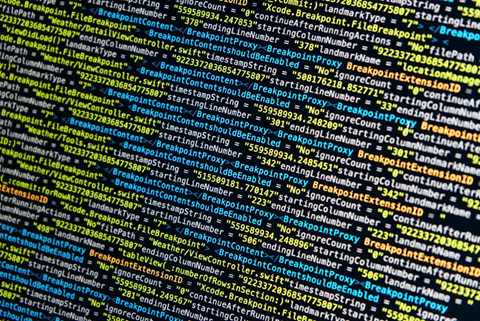
Chicago sets Jan. 11 school reopening date for pre-kindergarten, some students with disabilities – By Cassie Walker Burke, Chalkbeat
Chicago Public Schools will reopen school buildings for pre-kindergarten students and some children with disabilities starting Jan. 11, with teachers set to return a week earlier, district officials said Tuesday.
Chicago will aim to bring back students in kindergarten to eighth grade on Feb. 1.
Principals were briefed by a webinar Tuesday afternoon. The district followed with a statement.
“The reality is that our Black and Latinx students, our youngest students and highest-need learners have not been equitably served,” said Mayor Lori Lightfoot in Tuesday’s press release. “The decision to begin in-person learning this January will restore their access to high-quality instruction and is the result of balancing our commitment to equity with our current public health situation.”


